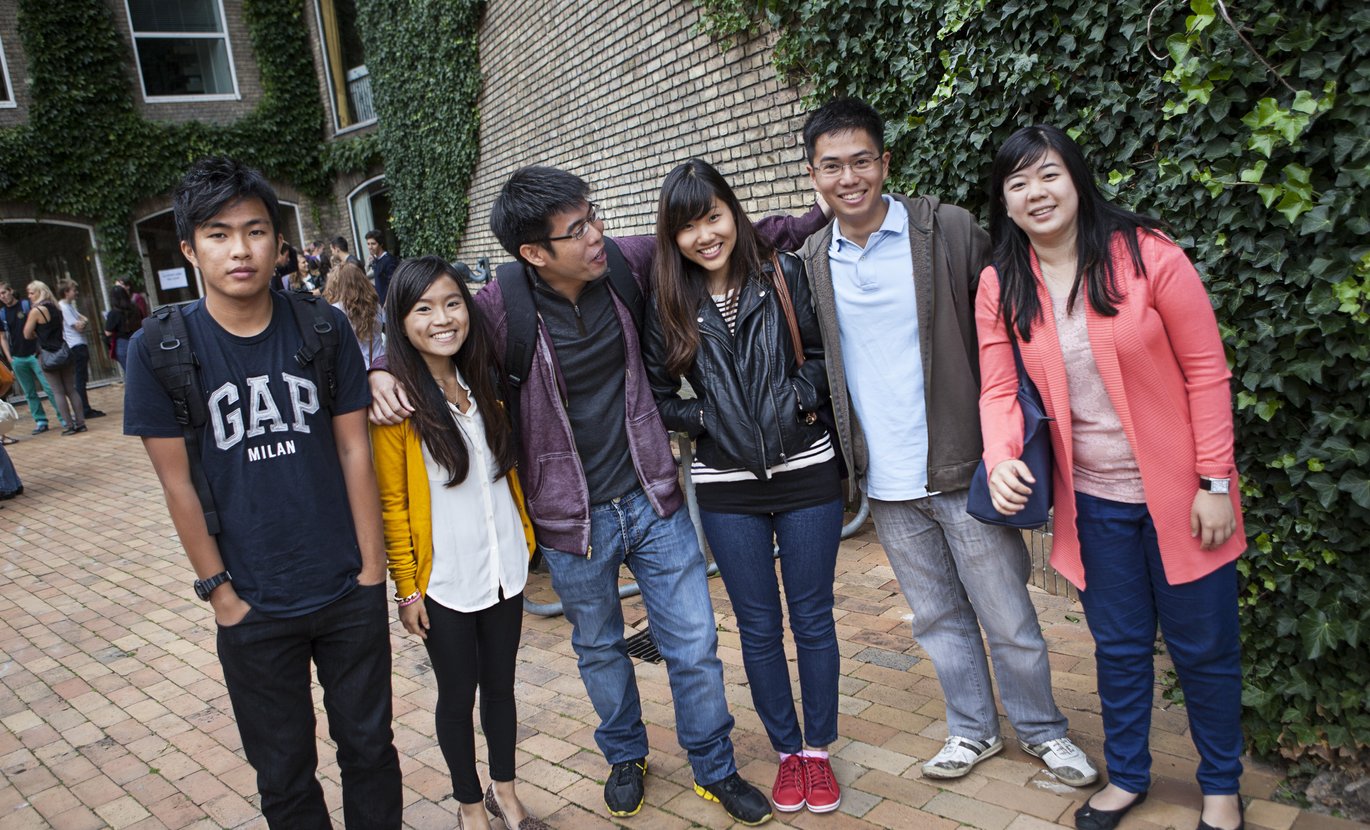International students looking for better integration
Study group participation, dialogue about source documentation and English as conversational language are aspects of student life that international students at Arts are looking for. According to the authors of a new report, meeting these needs will also benefit Danish students.

When Aarhus University has been focusing on improving the study environment, international students have often been overlooked. This is a shame because inputs from international students can play a significant role in strengthening the different study environments. These are the words of Charlotte Albrechtsen of the Centre for Teaching Development and Digital Media, Arts. She is one of the authors behind a new report that gives voice to international students, who have shared their experiences of their stay at Aarhus University.
Missing out on group formation
The report is based on six focus group interviews and two large workshops with international students at Arts. A recurring topic was the role of study groups as a key to academic and social integration at the university.
- When joining a study group, international students meet with Danish students and are faced with other students' way of thinking and practising within their field. Therefore, it is also essential to include international students in study groups and give them the necessary tools to participate in the group work, says Martin Damgaard Larsen, one of the co-authors of the report.
Often, international students miss out on the group formation that normally takes place in the beginning of the semester because they are trying to gain a foothold in a new country.
- They are often unaware of the group formation process, or maybe they do not know how to join a group, says Hanne Buhl who has also contributed to the report. She recommends that the groups are formed by the lecturers.
Charlotte Albrechtsen adds that all students – both international and Danish – can benefit from using collaboration tools for optimising group work. The online study tool Study Metro features material in both Danish and English for this very purpose.
Finger-wagging or dialogue about plagiarism
Many of the international students that the authors of the report have spoken to experience that Aarhus University focuses strongly on plagiarism – especially when communicating with international students. Some of them even feel that they are impugned and suspected of being potential plagiarists.
The fourth author of the report, Gina Bay, questions whether the finger-wagging is really necessary.
- There is no doubt that quoting sources correctly is a fundamental academic skill. However, constructive dialogue in class about the importance of documenting sources may be more appropriate. Basically, it is a question of good scientific practice. And Danish students may also benefit from the issue being addressed.
Based on the inputs from international students in a number of focus groups, she has written a guide for documenting sources. The guide is available through the English version of the Study Metro.
Speak English, please
The international students participating in the focus groups express a common desire that English, as a general rule, becomes the language of instruction during lessons and is spoken during breaks when international students are in the class. Otherwise they feel excluded and isolated.
Therefore, Hanne Buhl suggests that a language policy is introduced at each programme. More focus on the conversational language can promote the international and cross-cultural competencies of Danish students.
Facts
The report Being an International Student at Arts is the product of a collaboration between Communications Officer Charlotte Albrechtsen, Special Consultant Hanne Buhl, both from the Centre for Teaching Development and Digital Media (Arts), Librarian Gina Bay from Aarhus University Library (BSS) and Exhibition Coordinator Martin Damgaard Larsen, former Communications Officer at the Department of Anthropology, Archaeology and Linguistics (now the Department of Culture and Society).
The report is based on development projects on study environment at Aarhus University in autumn 2011.
Download the report At være international studerende ved Arts/Being an International Student at Arts
Note: Unfortunately, only parts of the report is available in English.
For further information, please contact Charlotte Albrechtsen at calbrechtsen@tdm.au.dk
